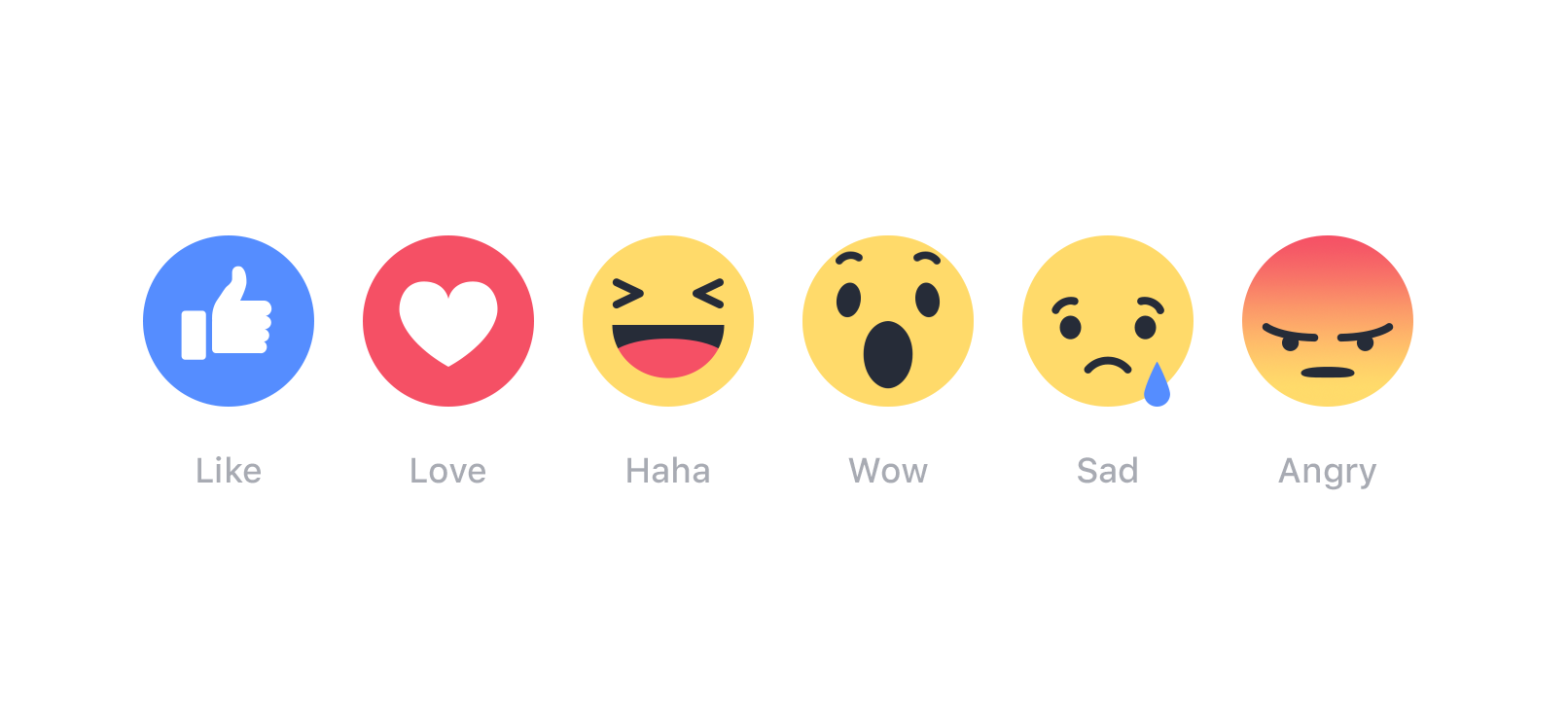
A widely used window into Facebook is closing for good. Meta had already disbanded the team behind the social monitoring tool CrowdTangle and prevented new users from signing up. On Thursday, users were told CrowdTangle will no longer be available after August 14, 2024.
The free tool allowed newsrooms and journalists to follow trends and public engagement across Facebook. When Facebook acquired CrowdTangle in 2016, Facebook said: “Publishers around the world turn to CrowdTangle to surface stories that matter, measure their social performance and identify influencers. We are excited to work with CrowdTangle to deliver these, and more insights to more publishers.”
But journalists and researchers also used CrowdTangle as a way to glean information about misinformation and other potentially harmful content from a company that wasn’t always eager to share that data. The platform is now in “maintenance mode” and CrowdTangle’s User Interface, API, historical data, and Chrome extension will all shut down in August.
Seeing this very sad news while on a family vacation in Manila, which happens to be a place I’ve done some of my best reporting on Facebook, while using CrowdTangle. https://t.co/WVg5ZFXW6y
It’s been a long time coming, but still. RIP @crowdtangle. https://t.co/M5xNIg5BzZ
— Davey Alba (@daveyalba) March 14, 2024
Facebook has argued CrowdTangle data can be incomplete or misleading, and has repeatedly pushed back on reporting (including Twitter accounts) that rely on the tool. On Thursday, a Meta spokesperson pointed to a specific type of research and reporting when asked about the decision to shut down CrowdTangle.
“Reliance on CrowdTangle for this type of misinformation research may have caused confusion, as it was not designed to measure ‘reach,'” the spokesperson said.
Content moderation questions have provided plenty of headaches for social media companies, from headlines and congressional hearings to internal criticism that develops into whistleblower complaints. Other social platforms — most notably TikTok and YouTube, which is owned by Google — have been criticized as less transparent than Facebook.
Meta reportedly did not take CrowdTangle offline until it felt it could satisfy transparency and data-sharing requirements established by Europe’s Digital Services Act. (In an FAQ published Thursday, the answer to the first question — “Why are you making these changes to CrowdTangle?”— was that “our data-sharing products are evolving alongside technology and regulatory changes.”)
Ulrike Klinger, chair for digital democracy at the European New School of Digital Studies, said that though she was not exactly surprised to see CrowdTangle shut down, she was “quite disappointed by the timing,” during a year in which dozens of consequential elections will take place around the world and soon after EU legislation granting researchers a legal right to data access went into effect.
“Researchers’ dependence on CrowdTangle, while it may not be the perfect solution, is rooted in a simple fact: After the closure of the Facebook API for researchers, there was no other viable avenue to access data, at least not in a manner that aligns with their Terms of Service,” Klinger said.Meta will continue to offer its “commercial partners” — including news organizations — insights and analytics through Meta Business Suite and its helpful Ad Library. The company also pointed to paid external tools such as NewsWhip, Hootsuite, Meltwater, Sprout Social, and Cision as CrowdTangle replacements.
Independent fact-checking organizations that help Meta identify misinformation have already started using the Meta Content Library. Researchers with affiliations to “a qualified academic or non-profit institution” can also apply for access to the Meta Content Library, though the library will not be accessible to the many journalists working for commercial news organizations. CrowdTangle, in contrast, was free to use and did not require an application process.
Researchers told the Wall Street Journal that though the Meta Content Library has potential, its current issues include the inability to search by geographic area, limitations on the number of search results generated, and a block on downloading data (even on “public posts from elected officials”). Meta has said they will listen to researcher feedback, but some researchers expressed concern.Klinger described the emails notifying researchers about the closure of CrowdTangle as “surprisingly devoid of any guidance on the next steps or how to adapt.”
“If the intention is to introduce newer (and improved?) access through the Meta Content Library and its API, why not facilitate a direct migration for CrowdTangle users or provide a clear link to the application form explaining the onboarding process?” she asked.
Rebekah Tromble, who runs the Institute for Data, Democracy and Politics at George Washington University, told the Journal that the Meta Content Library could become a powerful tool.
“But we’re not there at the moment,” Tromble cautioned. “Meta has a track record of making big promises to researchers, getting positive press coverage, and then backtracking.”